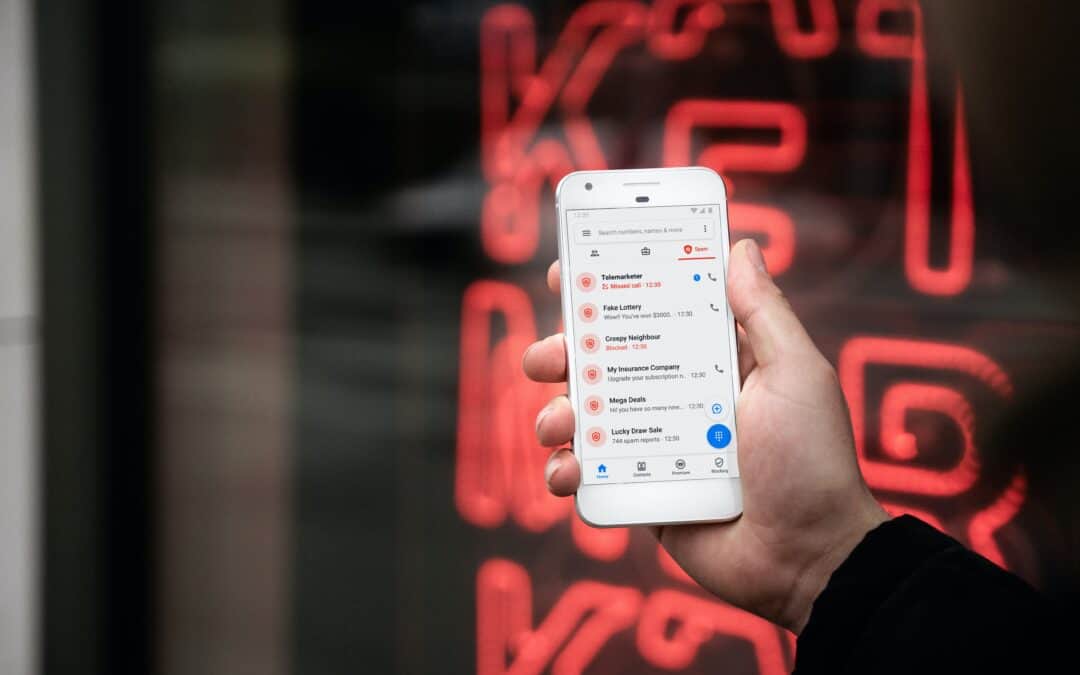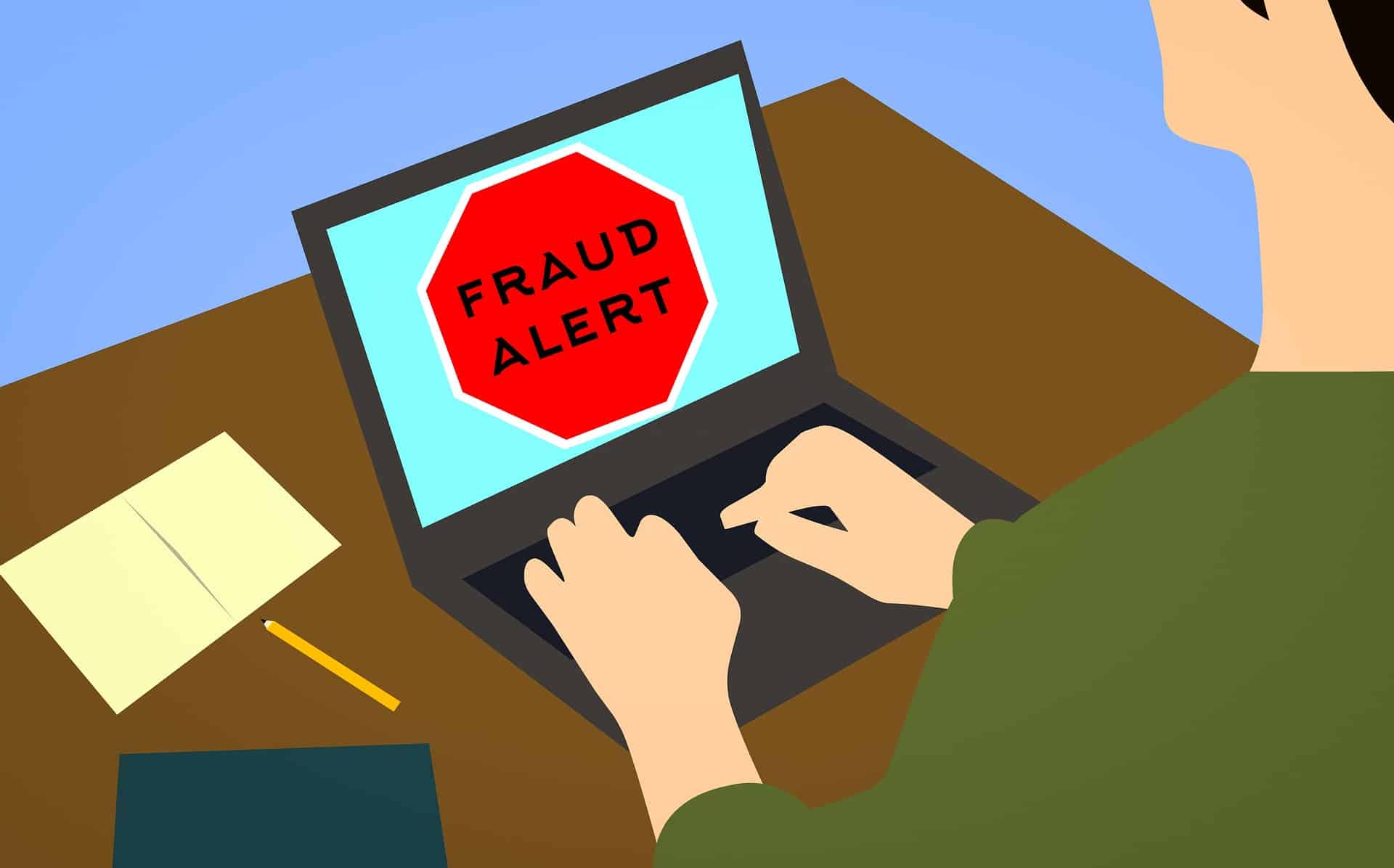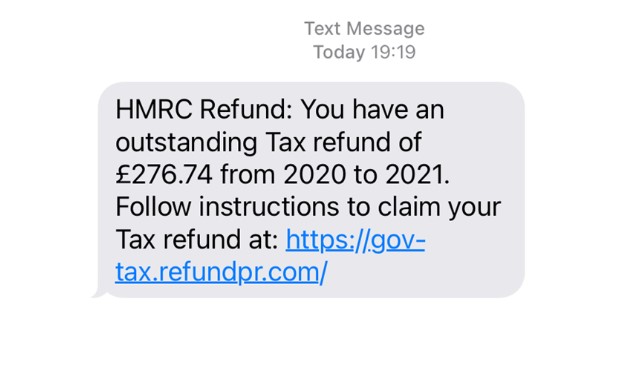In recent days, our clients have been receiving calls, emails, and more from “HMRC” and seeking our assistance.
Particularly for self-employed individuals and small business owners in the UK, you may need to verify the authenticity of such requests.
Our team has outlined some common scam characteristics to help more people avoid unnecessary losses.
Scam Indicators
If you receive communications claiming to be from HMRC and they exhibit the following:
- Solicitation of personal information (such as bank accounts or home addresses).
- Threats or urgent demands.
- Requests for funds through various transfer methods.
Once you notice suspicious signs, it’s important to safeguard your personal information to prevent exploitation by fraudulent parties.
Common Scam Forms
Scammers may approach you in various ways, including:
- Informing you of a supposed refund and requesting your banking details.
- Sending text messages asking for personal and financial information or prompting you to click links.
- Emailing “tax refund” links to initiate a refund.
- Calling to inform you of a tax-related investigation and seeking detailed personal information.
- Text messages claiming you have a parcel held in customs, requiring a customs fee.
Types of Communication HMRC Does NOT Use
HMRC will not:
- Leave voicemails with threatening messages.
- Request personal or financial information via text messages.
- Contact you through WhatsApp.
- Send text messages offering tax refund assistance.
How to Report Suspicious Activity
If you receive any suspicious communications, you can directly report them to HMRC, and their contact details can be found on the official website.
If you inadvertently disclose personal information, you can report it to HMRC’s security team.
If you have fallen victim to a scam or suffered financial losses, please report it to Action Fraud.
For our clients, if you receive any suspicious messages, please inform our team promptly for assistance.



